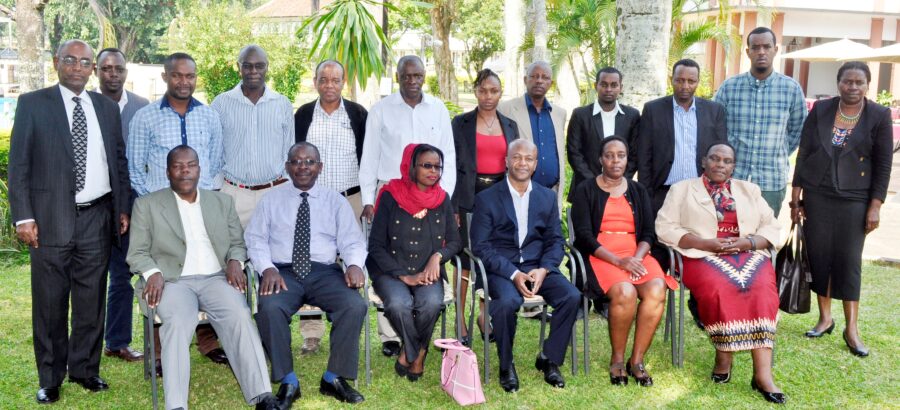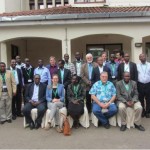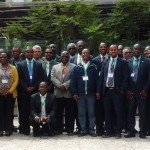Live animal and meat export trade from IGAD MS to Middle East and North Africa (MENA) countries usually face some fluctuations due to several challenges such as livestock diseases and lack of feed among others . In 2015, the region exported over 12 millions of live animals to the Middle East and North Africa (MENA) countries. Some of the exported livestock reached the end market in poor body condition due to inadequate fodder/water supply along the trade routes. Traders in the end market finished them off and benefited from the additional margin after a short period of time. Moreover, before livestock arrive at quarantine stations, they traverse (by truck or trekking) through unfamiliar territories where owners have no defined rights to access fodder and water. When loaded on ship, fodder supply sometimes is inadequate or not palatable enough to attract livestock to eat due to poor harvesting/preservation techniques. The livestock are thus subjected to starvation leading to loss in body weight fetching low prices. Feed inadequacy in volume and quality has also impacted on livelihoods of many livestock producers
As a follow up the recommendations of the regional meeting that took place at Adama; Ethiopia from 9-10th Dec, 2015, to establish and operationalize fodder and rangeland platform that will compile, share lessons and god practices on fodder /range and technically support member states to upscale proven fodder /range interventions a fodder and range platform workshop was held in Entebbe, Uganda from 11-12th July, 2016 to launch the platform and deliberate on how to address the pertinent and emerging issues concerning fodder feed and rangelands to mitigate livestock losses and vulnerabilities of pastoralists resulting from lack of or inadequate fodder in ASALs. The workshop was opened by
Dr. Ameha Sebsibe on behalf of ICPALD Ag. Director and Dr. Benon; Department of Animal Production and Marketing on behalf of Uganda government as host
The following recommendations were made:
- Development and or review of rangeland and pastoralism policies and by-laws for efficient rangeland and pastoralism management
- Enhance extension services to address issues of poor technology skills and adoption of modern fodder technology production, preservation and utilization
- Promote market orientation in livestock and fodder production and marketing to stimulate private investment
- There is need for innovation/adoptive research on salt tolerant fodder crops and multi-nutrient blocks to supplement fodder during emergencies that can be easily transported during shocks seasons
- Promote linkages with livestock value chain actors and focus on market production and marketing of fodder /range
- Create massive awareness and advocacy on adoption of good practices for promoting fodder and feed conservation in IGAD MS
- Strengthen information network system regarding fodder and fodder seed
- Advocate for control of bush encroachment and invasive species
The Platform has also started to work on concept note to mobilize resources to support national efforts on up scaling of relevant interventions
ICPALD expresses its appreciation to World Bank for funding this activity under RPLRP project.






